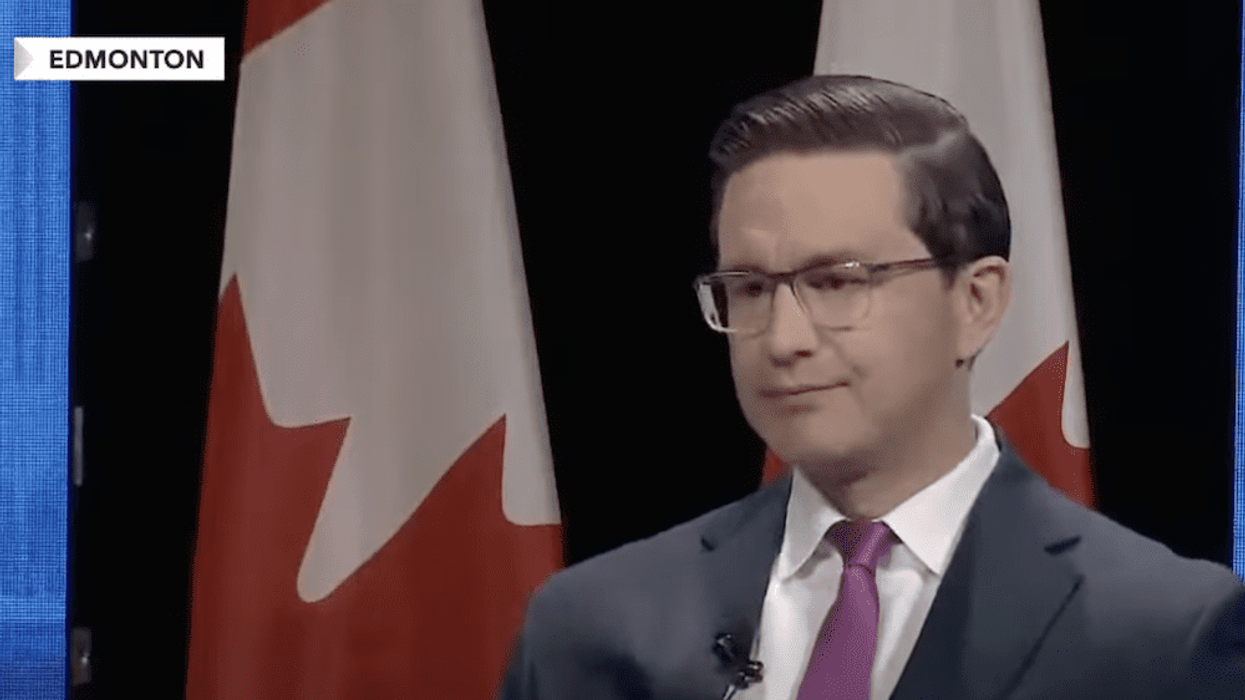Pierre Poilievre, the perceived frontrunner to lead the federal Conservative Party of Canada and official government opposition, has had sharp words of rebuke of late for the nation’s central bank.
On April 29, he stated in a press conference that should he become Prime Minister, he would extend the auditor general’s powers to audit the Bank of Canada’s pandemic-related policies -- particularly their use of quantitative easing -- in what he says was a delay in implementing the current rate hiking cycle, which allowed inflation to spike. He has also pledged to halt the BoC’s development of its own cryptocurrency.
His latest comments have made it personal, though, as he called for the dismissal of BoC Governor Tiff Macklem during the CPC Leadership Debate in Edmonton on May 11.
“I will fire the governor of the central bank to get inflation under control,” he stated during the debate.
“I would replace him with a new governor who would reinstate our low-inflation mandate, protect the purchasing power of our dollar, and honour the working people who earned those dollars.”
Whether those words hold any real threat remains to be seen; a Poilievre government isn’t even a remote possibility until at least 2025, given the Liberal’s and NDP’s non-coalition agreement to prevent the calling of an election for the next three years. BoC governors serve seven-year terms, with Macklem’s ending in 2027.
Inflation Fueling Consumer Frustration
However, Poilievre has been tapping into an increasing sentiment of frustration around rising inflation, which hit 6.7% in April. The BoC has received criticism from a number of economists and analysts for allowing post-pandemic inflation to freely bloom -- which has been further exacerbated by the impact of the Russia-Ukraine conflict on energy prices -- by taking too long to hike interest rates.
READ: Top Bank Economists Voice “Deep Recession” Fears
The BoC implemented their first 0.25% hike of the year on March 2, followed by a 0.5% increase on April 13. It is widely expected they’ll deliver another half-point hike on their next policy announcement on June 1 as they play a game of economic catchup.
It was these souring consumer attitudes that prompted Senior Deputy Governor Carolyn Rogers to go on the defensive in a speech given May 4th; titled “The Bank of Canada: A Matter of Trust”, she doubled down on the extraordinary circumstances the BoC faced during the pandemic, and also pointed out the central bank, as a Crown Corporation, is a non-partisan entity that operates independently of government politics and the private banking sector.
“Central banks that provide public benefits -- like low inflation, financial stability and secure forms of payment -- should not be influenced by commercial interests,” she stated at the time.
“With respect to political influence, governments have many public policy priorities -- health, education, industry and trade, for example. Sometimes those policy pursuits can come into conflict with a central bank’s core mandate of ensuring low and stable inflation. That’s another reason why independence matters. The desire to have a public entity separate from both the banking sector and the political process, whose job is to guide the economy in the long-term best interests of its citizens, is what’s behind the existence of central banks around the world.”
READ: Interest Rate Hikes Could Lower Canadian Home Prices by 10%
Higher Rates All But Assured Moving Forward
Her stance was echoed by her colleague Toni Gravelle in another speech given yesterday, in which he admitted inflation pressures have been “higher and more tenacious” than the BoC had anticipated, leading them to pivot from their initial stance that CPI growth would be transitory as supply chain challenges improved.
Gravelle went on to confirm the current policy rate of 1% remains too low to effectively combat inflation, and that the BoC could consider extending its hiking cycle beyond neutral, currently considered to be between 2-3%.
“Simply put, with demand running ahead of the economy’s capacity, we need higher interest rates to cool domestic inflation. And as we’ve said before, the economy can handle it,” he stated.





















